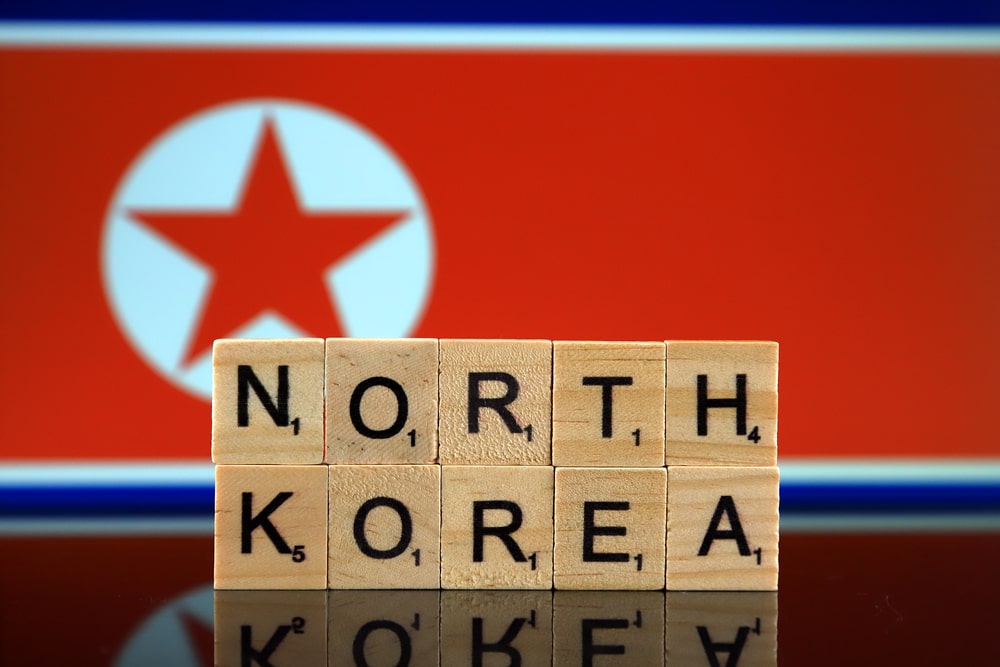North Korea reportedly tests an underwater nuclear attack drone, citing joint naval exercises by South Korea, the United States, and Japan as the trigger. The move intensifies tensions on the Korean Peninsula.
Against the backdrop of escalating tensions on the Korean Peninsula, North Korea has announced the testing of an underwater nuclear attack drone. The alleged test is said to be a response to joint naval exercises conducted by South Korea, the United States, and Japan. This move comes as North Korean leader Kim Jong Un abandons the goal of peaceful unification with South Korea, marking a significant shift in the country’s stance.
North Korea claims to have tested an underwater nuclear attack drone in response to joint naval exercises by South Korea, the United States, and Japan.
The test follows Kim Jong Un’s recent declaration of scrapping the goal of peaceful unification with South Korea.
The test, conducted in the country’s eastern waters, involved an “underwater self-explosive drone” rather than a nuclear device.
Military experts suggest it was a navigation test for a battery-powered underwater suicide drone, evaluating its performance over long distances and extended periods.
North Korea had previously tested the Haeil-2 Unmanned Underwater Nuclear Attack Boat in the spring of 2023.
The drone reportedly covered about 600 miles underwater over three days before test-detonating a non-nuclear warhead at sea.
The Haeil-2 drone is described as a cross between a rocket and an unmanned submarine, allegedly capable of carrying a nuclear warhead.
South Korea’s military disputes North Korea’s claims, asserting that the capabilities of the drone have been exaggerated.
North Korea’s Defense Ministry issued a statement highlighting the enhancement of the country’s underwater nuclear-based countering posture.
The ministry warned of “catastrophic consequences” and denounced the U.S. and its allies for threatening the security of the Democratic People’s Republic of Korea (DPRK).
The testing of an underwater nuclear attack drone by North Korea raises concerns about the evolving dynamics on the Korean Peninsula. Kim Jong Un’s shift in rhetoric and the demonstration of advanced military capabilities indicate an increasingly volatile situation, demanding international attention and diplomatic efforts.
The recent developments underscore the urgency of addressing tensions in the region and initiating diplomatic measures to prevent further escalation. The testing of advanced military technologies adds complexity to an already delicate geopolitical situation, requiring a careful and measured response from the international community.
In conclusion, North Korea’s testing of an underwater nuclear attack drone signifies a worrisome escalation of tensions in the region. The implications of advanced military capabilities, coupled with changes in North Korea’s strategic goals, emphasize the need for diplomatic efforts to maintain stability and prevent further provocations.
This analysis is based on information provided by CBS News, shedding light on North Korea’s provocative testing of an underwater nuclear attack drone amid heightened tensions. The evolving situation necessitates a nuanced and diplomatic approach to address the complex geopolitical dynamics in the region.



